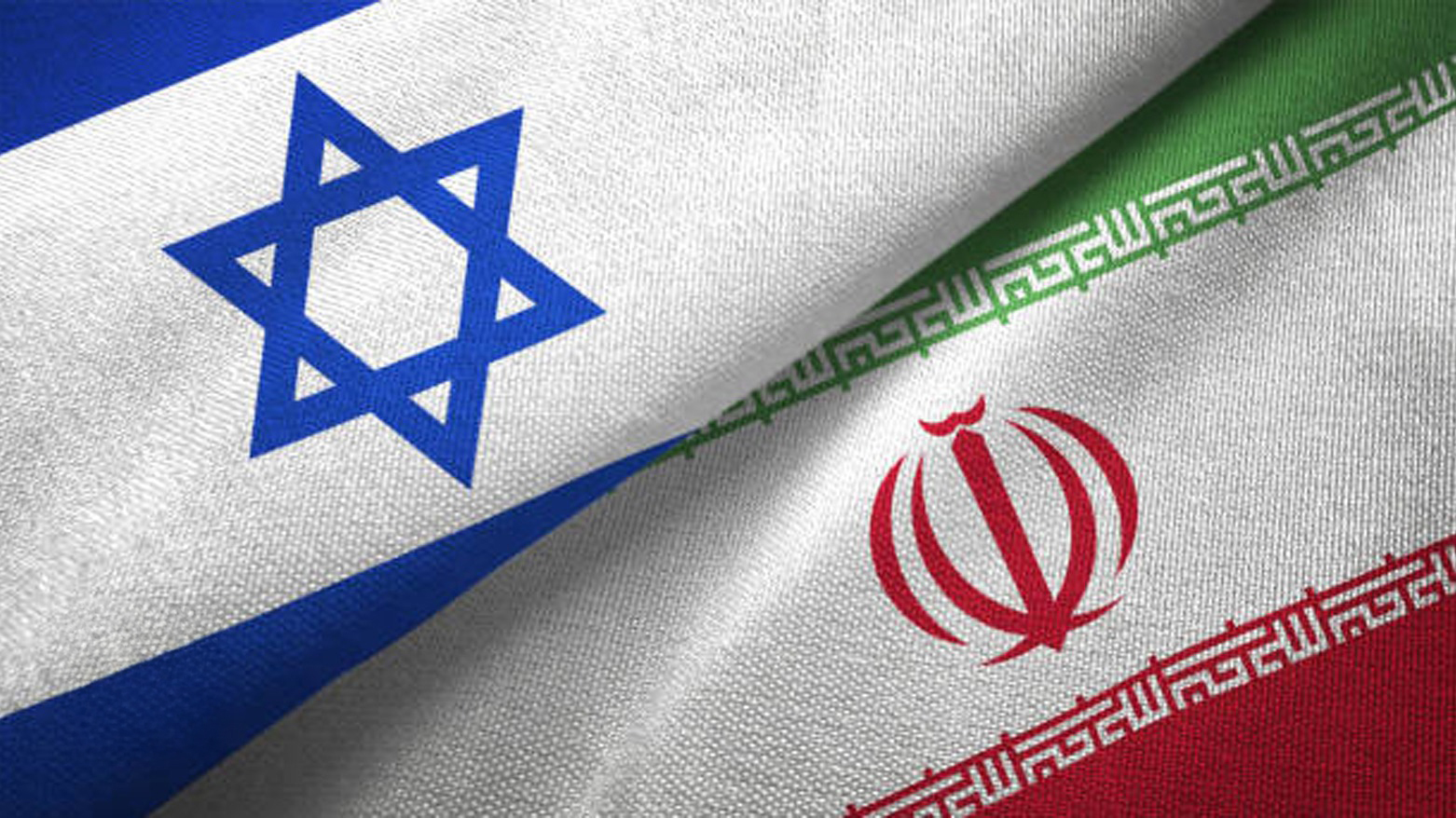Iran Airs Footage Claiming Exposure of Israeli Nuclear Sites
The documentary alleges Israel’s nuclear activities and shares purported documents and footage from sites including the Dimona Reactor, though the claims have not been independently verified.

ERBIL (Kurdistan24) — Iranian state television on Wednesday broadcast a documentary claiming to expose sensitive information about Israel’s nuclear activities, including alleged documents, footage, and personal details of Israeli scientists.
Israel, Tehran’s sworn adversary, has never officially confirmed or denied possessing nuclear weapons, though it is widely believed to maintain the Middle East’s only undeclared arsenal.
The program showed copies of passports purportedly belonging to Israeli scientists, maps of military sites, and footage said to have been filmed inside Israel’s Dimona nuclear reactor in the southern Negev desert. AFP said it could not independently verify the authenticity of the material.
Iran’s Intelligence Minister Esmail Khatib asserted in the documentary that information obtained in June had been used to strike “sensitive sites inside Israel” during that month, a reference to cross-border operations following Israel’s surprise attack on Iran that triggered 12 days of war.
Iranian officials have previously claimed to possess thousands of classified Israeli documents detailing nuclear and military facilities.
The broadcast also included photos of International Atomic Energy Agency (IAEA) chief Rafael Grossi, described as “personal,” one of which showed him embracing a person in a Minnie Mouse costume.
Iranian media alleged Israel had obtained the images through espionage and was using them to blackmail the IAEA chief.
Since June’s Israeli and later U.S. strikes on its nuclear sites, Tehran has openly accused the IAEA of bias, faulting the agency for failing to condemn the attacks.
Nuclear Dispute at the Core
The documentary comes at a time of renewed tensions over Iran’s nuclear program. The United States and its allies, backed strongly by Israel, accuse Tehran of seeking nuclear weapons — a charge the Islamic Republic denies, insisting its program is entirely civilian.
Iran says its nuclear activities support electricity generation, medicine, agriculture, and advanced technologies.
Supreme Leader Ayatollah Ali Khamenei this week rejected any compromise, vowing Iran would not abandon uranium enrichment. He maintained that the West had failed to honor commitments under the 2015 Joint Comprehensive Plan of Action (JCPOA), which limited enrichment to 3.67 percent in exchange for sanctions relief.
Following the U.S. withdrawal from the deal in 2018 under President Donald Trump, Tehran escalated enrichment to 60 percent, dangerously close to the 90 percent threshold required for weapons-grade uranium.
The IAEA has repeatedly warned that Iran is the only non-nuclear state enriching uranium to such levels. Iran insists it is exercising its rights under the Nuclear Non-Proliferation Treaty (NPT), of which it remains a signatory.
Long History of Suspicion
Iran’s nuclear ambitions trace back to the 1950s under the U.S.-backed Shah Mohammad Reza Pahlavi. In 1970, Tehran ratified the NPT and launched ambitious civilian nuclear projects. However, the 1979 Islamic Revolution and the subsequent Iran-Iraq War stalled progress.
Global suspicions resurfaced in 2002 when satellite images revealed undeclared nuclear sites in Natanz and Arak. The discovery led to UN sanctions, and by 2006, Iran began enriching uranium to 3.5 percent, later increasing to 20 percent.
The 2015 JCPOA briefly eased tensions, but Trump’s withdrawal revived the crisis, placing the nuclear issue once again at the center of international diplomacy. The recent conflict with Israel — and Tehran’s dramatic television broadcast — have now brought those tensions to a new peak.
Israel views Iran’s nuclear program as an existential threat and has repeatedly vowed to prevent Tehran from obtaining nuclear weapons, by force if necessary.
The two regional rivals have waged a years-long shadow war marked by assassinations of Iranian nuclear scientists, cyberattacks, and sabotage of facilities.
With diplomacy stalled, sanctions looming, and covert hostilities intensifying, the standoff over Iran’s nuclear program remains one of the most volatile flashpoints in the Middle East.